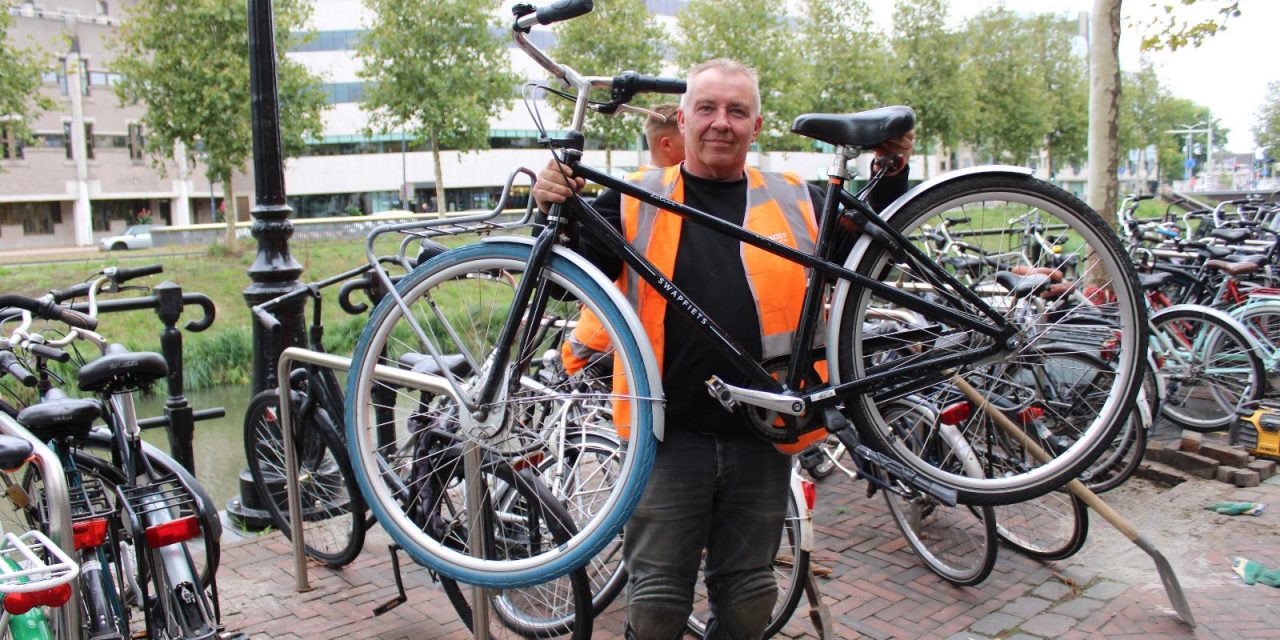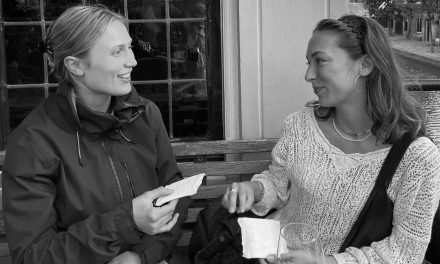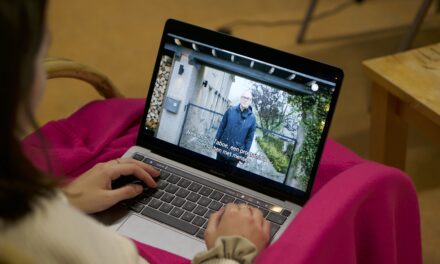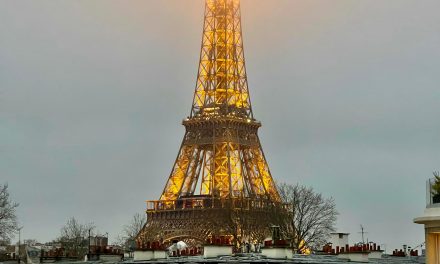Utrecht, in the Netherlands, is one of the world’s leading cycling cities. It currently has the largest bicycle parking facility in the world, with space for more than 12,000 bikes. More than half of its residents commute by bicycle every day, and its sustainable urban mobility system is exemplary and inspiring for many cities in Europe.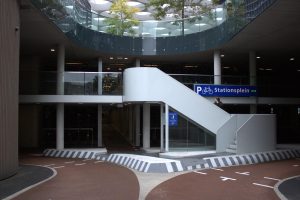
However, what feels like a natural routine for local residents can be a real challenge for international students. Every year, Utrecht welcomes thousands of people from around the world. As they integrate into the city, many of them discover that cycling is not only a means of transportation, but also a cultural learning experience with its own rules.
Culture shock
Hebe Poole, 20, is an international student from Guilford, United Kingdom. Three days after her arrival in Utrecht, her bicycle disappeared. “I went to the municipality for a visa appointment, and when I came back, the bike was gone. I had no idea where it had gone.” Poole explains that there were no signs in English and no instructions on how to recover her bicycle. After crying for a while, she remembers that a Dutch woman approached her and, after calming her down, explained that the council had taken it because parking was prohibited there. She says that getting her bike back cost her 26 euros and a pretty big scare.
Hebe’s story reflects a problem shared by hundreds of international students who have just moved to the city but have not yet adapted to its rules. What locals learn from an early age often remains unspoken, leaving newcomers to navigate the system through trial and error.
Towards inclusive mobility
The solution to this problem does not require a major change, just more communication. Clear signs in several languages, translated welcome pamphlets, and apps with accessible information could make all the difference. European cities such as Vienna and Berlin also experience these kinds of tensions every day. These cities have begun to implement multilingual apps and visual campaigns that use universal symbols that are easily recognizable by anyone.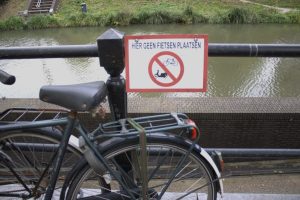
What sets Utrecht apart is the scale of the phenomenon. With more than 70,000 university students, of whom around 10% are international, the impact of this lack of information is multiplied. What is common sense for locals and learned from childhood becomes a challenge for international students.
Utrecht is already a global example of a clean, healthy, and sustainable city, but it could go one step further with information inclusion. Clearer and more accessible rules could improve the experience of international students. In Utrecht, the future of cycling can be as inclusive as it is inspiring.
